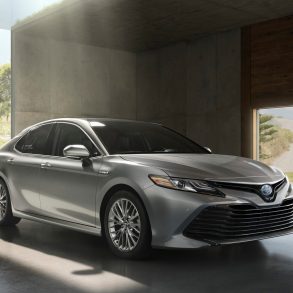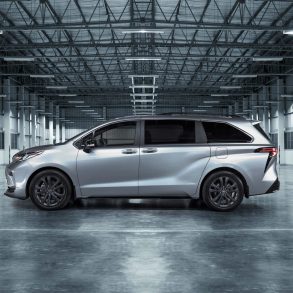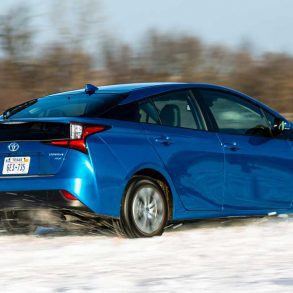Honda EV Plus
The Honda EV Plus was an experimental electric vehicle that was produced by Honda from 1997 to 1999. It was the first battery electric vehicle from a major automaker that did not use lead acid batteries. Overall, the Honda EV Plus was a stylish and practical electric car that was popular with those who wanted a quiet and comfortable car. However, its range was not very long and it was expensive. The Honda EV Plus was a significant car in the development of electric vehicles. It was the first battery electric vehicle from a major automaker that did not use lead acid batteries, and it helped to pave the way for the development of more advanced electric vehicles.
Honda EV Plus Overview
The EV Plus was introduced around the same time General Motors launched the EV1 in 1997, and the similarities don’t stop there. These electric cars were developed to meet the requirements of the California Air Resources Board for major automakers to produce zero-emission vehicles in order to be able to continue selling gasoline-powered vehicles in the state. Both the EV Plus and the EV1 were only available for lease and not for sale, and almost all were taken back by the manufacturer at the end of their leases to be crushed.
The major difference between the two vehicles is in the battery: while the GM EV1 used “old-fashioned” lead-acid batteries, the Honda EV Plus was equipped with the same type of Nickel–metal hydride battery (NiMH) that the brand would later use in its hybrid line-up. The Nissan Altra EV, which was introduced one year later, would be the first production electric car equipped with the third generation batteries: lithium-ion (li-ion).
Honda EV Plus US Sales Data & Charts
Production of the EV Plus ended in 1999 after just 340 units when Honda introduced the first generation Insight hybrid. A few EV Plus chassis were re-used as a base for prototypes of hydrogen fuel cell vehicles, which would lead to the Honda FCX Clarity in 2002.
US Annual Sales
| Year | Sales Units |
|---|---|
| 1997 | 105 |
| 1998 | 133 |
| 1999 | 62 |
| 2000 | 2 |









